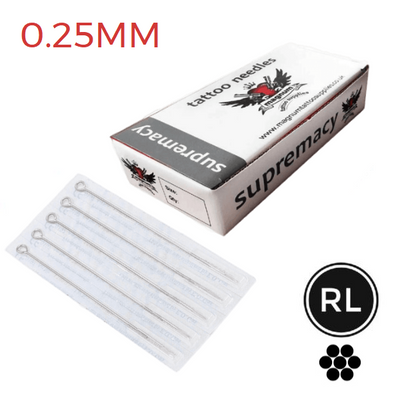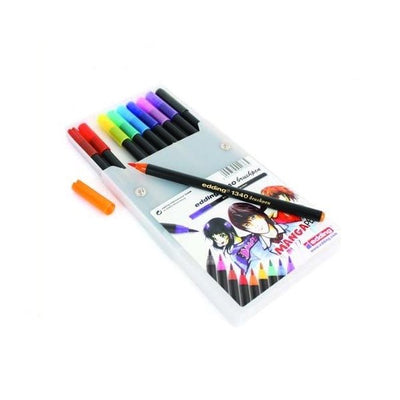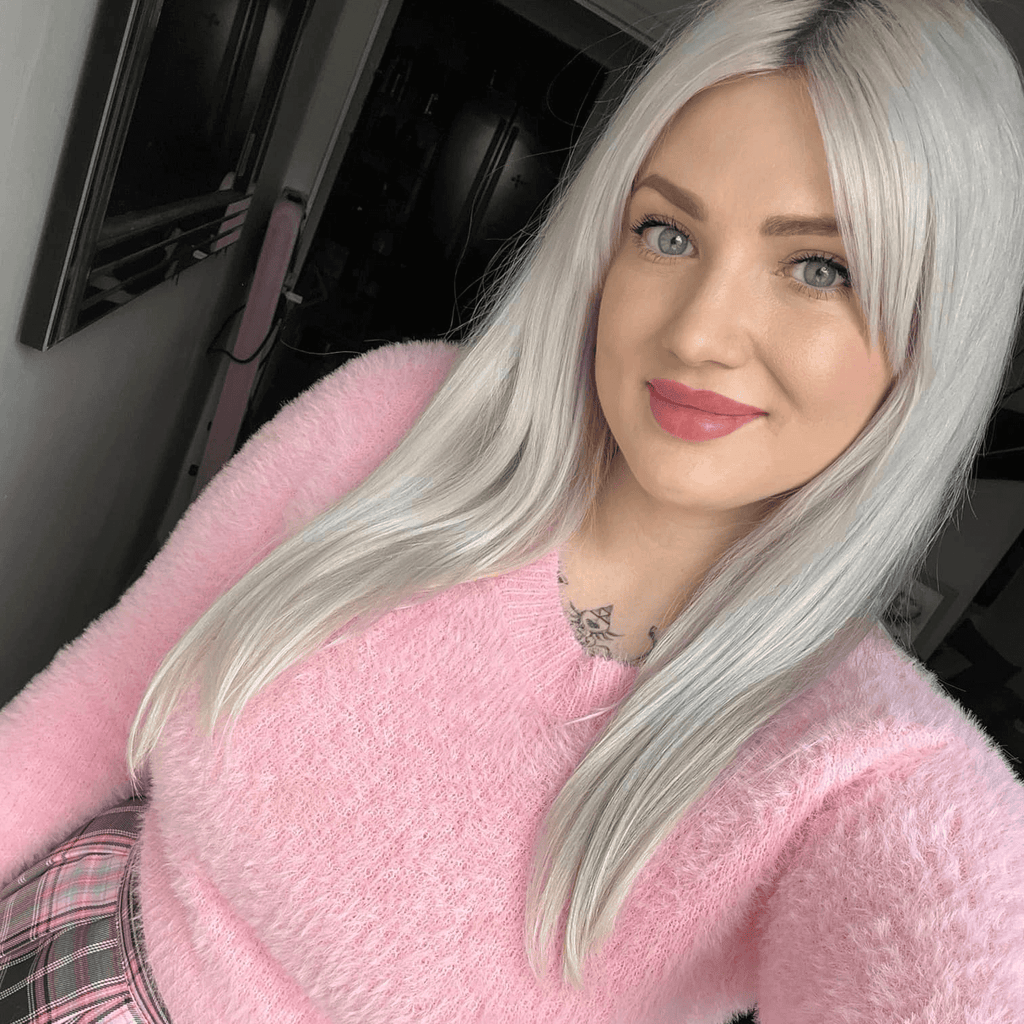Tattoos have transcended their traditional roots to become a mainstream artistic expression. From minimalist designs to intricate masterpieces, tattoos hold a special place in the hearts and bodies of millions worldwide.
However, the world of tattooing is not immune to the sweeping influence of technological innovation. Artificial intelligence (AI) has evolved a powerful force in various industries, including tattooing. In this article, we delve into the tattoo community's attitude towards AI technology, uncovering both its potential benefits and the concerns it raises.

The fusion of tattoo art and AI
Tattooing is an art form that has long celebrated the individuality and creativity of both artists and clients. Yet, AI technology is gradually infiltrating this world, introducing new tools and possibilities:
- Design assistance: One of the primary ways AI impacts the tattoo community is by assisting artists in the design process. AI-powered software can generate design ideas, suggest styles, and even combine various elements to create unique and personalised tattoos. This can be a valuable resource for artists and clients seeking inspiration.
- Augmented reality (AR): AR technology powered by AI enables clients to visualise their tattoos on their bodies before going under the needle. This removes the element of surprise and allows for adjustments to the design, size, or placement, ensuring a more satisfying result.
- Tattoo machines: AI-driven tattoo machines are being developed to improve precision and consistency in the tattooing process. These machines can adjust needle depth and speed based on skin type and design, potentially reducing pain and healing time.
For those intrigued by the convergence of AI-generated art and its ramifications on the tattoo community, diving into "How Will AI-Generated Art Impact the Tattoo Industry?" provides a comprehensive overview. This article offers a deeper exploration of the evolving dynamics between traditional tattoo artistry and the innovative influence of AI.
What are the positive perspectives of the tattoo community on AI?
Many within the tattoo community view the integration of AI as a positive development. Here are some reasons why AI technology is being embraced:
- Enhanced creativity: AI can inspire artists by providing fresh ideas and unique design elements, helping them break free from creative ruts.
- Precision and consistency: AI tools can improve the precision and consistency of tattoos, reducing the risk of errors and enhancing the overall quality of the artwork.
- Client satisfaction: AR technology allows clients to actively participate in the design process, leading to higher satisfaction levels and reducing the chances of miscommunication.
For a deeper dive into this topic, especially regarding the practical advantages for tattoo studios, you might be interested in "How tattoo studios can benefit from AI technology." This article highlights how AI can be a game-changer for tattoo businesses.

The scepticism and concerns of the tattoo community
However, not everyone in the tattoo community is ready to welcome AI technology with open arms. Some concerns and scepticism persist:
- Loss of artistry: Traditionalists worry that AI technology might overshadow the human element in tattooing, potentially reducing artists to operators of machines.
- Privacy and security: AI applications that require client photos raise concerns about data privacy and security. Artists must handle client data responsibly.
- Accessibility and cost: AI-driven tools can be expensive, potentially creating a divide where only established studios can afford the latest tattoo machines, power supplies and other technologies, leaving smaller artists and studios disadvantaged.
Could AI replace human tattoo artists in the future?
The complete replacement of human tattoo artists by AI in the future is unlikely. Tattooing is not only a highly skilled craft but also an art form deeply rooted in personal expression and human interaction.
While AI can assist in generating designs, enhancing precision, and streamlining certain aspects of the tattooing process, it cannot fully replicate the artistic creativity, emotional connection, and client consultations that human tattoo artists provide. The unique styles, visions, and personal touches artists bring to their work are difficult for AI to mimic.
Therefore, while AI may continue to complement the industry, the fundamental role of human tattoo artists in creating meaningful and personalised tattoos is likely to remain a vital aspect of the art form.

So, how can artists make the most of AI opportunities?
Optimise time management
Tattoo artists often struggle with limited free time due to the demands of their craft.
Artificial intelligence in business can help them generate tattoo designs quickly, freeing up time for other essential tasks such as marketing or additional tattoo sessions. This efficient use of time can increase income and more flexibility in their schedules.
Build a strong brand with AI marketing
As the tattoo industry grows, competition increases. Artists can use AI-powered marketing tools, leveraging natural language processing as well as machine learning to build a recognisable brand.
AI content generators can assist in crafting captivating captions, ads, and articles to draw the attention of potential clients. A strong brand and loyal following can enable artists to command higher prices for their work.
Seize entrepreneurial opportunities
With a growing influx of tattoo artists into the industry, more tattoo shops are likely to open to accommodate them. This presents an ideal opportunity for artists who aspire to own tattoo shops.
They can take advantage of the upcoming tattooing boom to realise their entrepreneurial dreams, apply customer relationship management strategies, and establish their unique presence in the market.
Accelerate technical proficiency
AI tools enable artists to create designs faster, resulting in the potential to complete more tattoos per day.
This increased productivity not only enhances their online presence but also contributes to a higher income. Artists can focus on honing their technical tattooing skills, allowing them to progress faster in their careers.
By streamlining job processes with AI and integrating it into their business strategy, tattoo artists can thrive in a competitive landscape, with digital personal assistants handling routine tasks, while they focus on their creative craft and meeting customer requests.
Conclusion
The tattoo community's attitude towards AI technology is a mixed bag of excitement, curiosity, and caution. While AI brings new opportunities for creativity and precision through deep learning, it also opens doors for process automation within business processes, potentially revolutionising the way the tattoo world operates in the business world. However, it also raises questions about preserving traditional artistry and the responsible use of technology.
As AI systems continue to become more integrated into the tattoo industry, the tattoo community will likely find ways to strike a balance, integrating technology where it enhances the craft and business processes while preserving the artistry and authenticity that make tattooing a unique and deeply personal form of expression. This delicate equilibrium is essential to ensure that AI complements the work of human workers in the tattoo business process.
The future of tattoo art is undoubtedly marked by a dynamic interplay between human creativity and artificial intelligence, with artists and clients at the forefront of this evolving narrative.



























































 Studio supplies
Studio supplies












 Power & batteries
Power & batteries








 Aftercare
Aftercare





















 Apprentice
Apprentice


 Piercing & jewellery
Piercing & jewellery







 PMU supplies
PMU supplies




 New arrivals
New arrivals
 Gift vouchers
Gift vouchers
 Shop all
Shop all















































